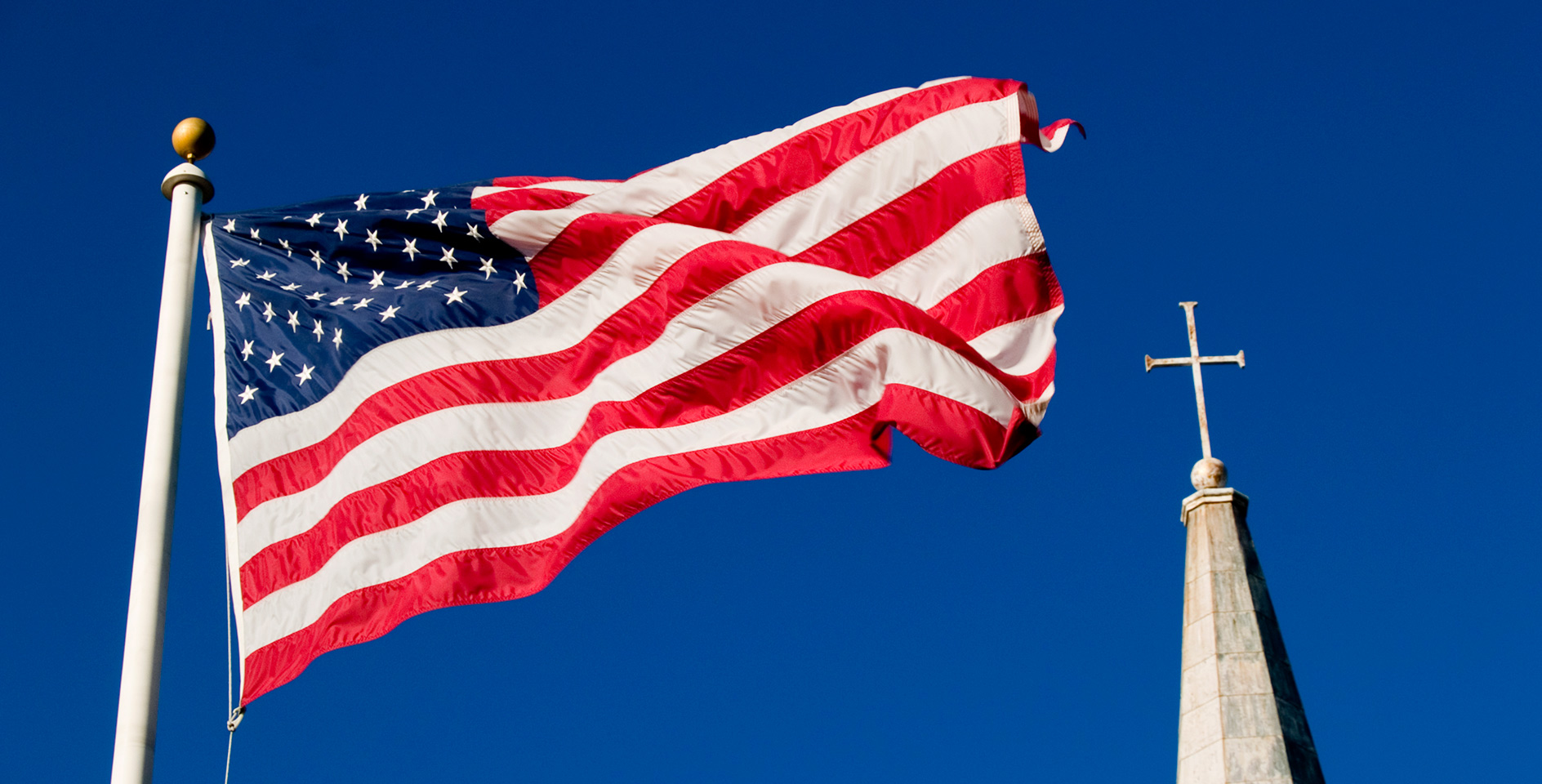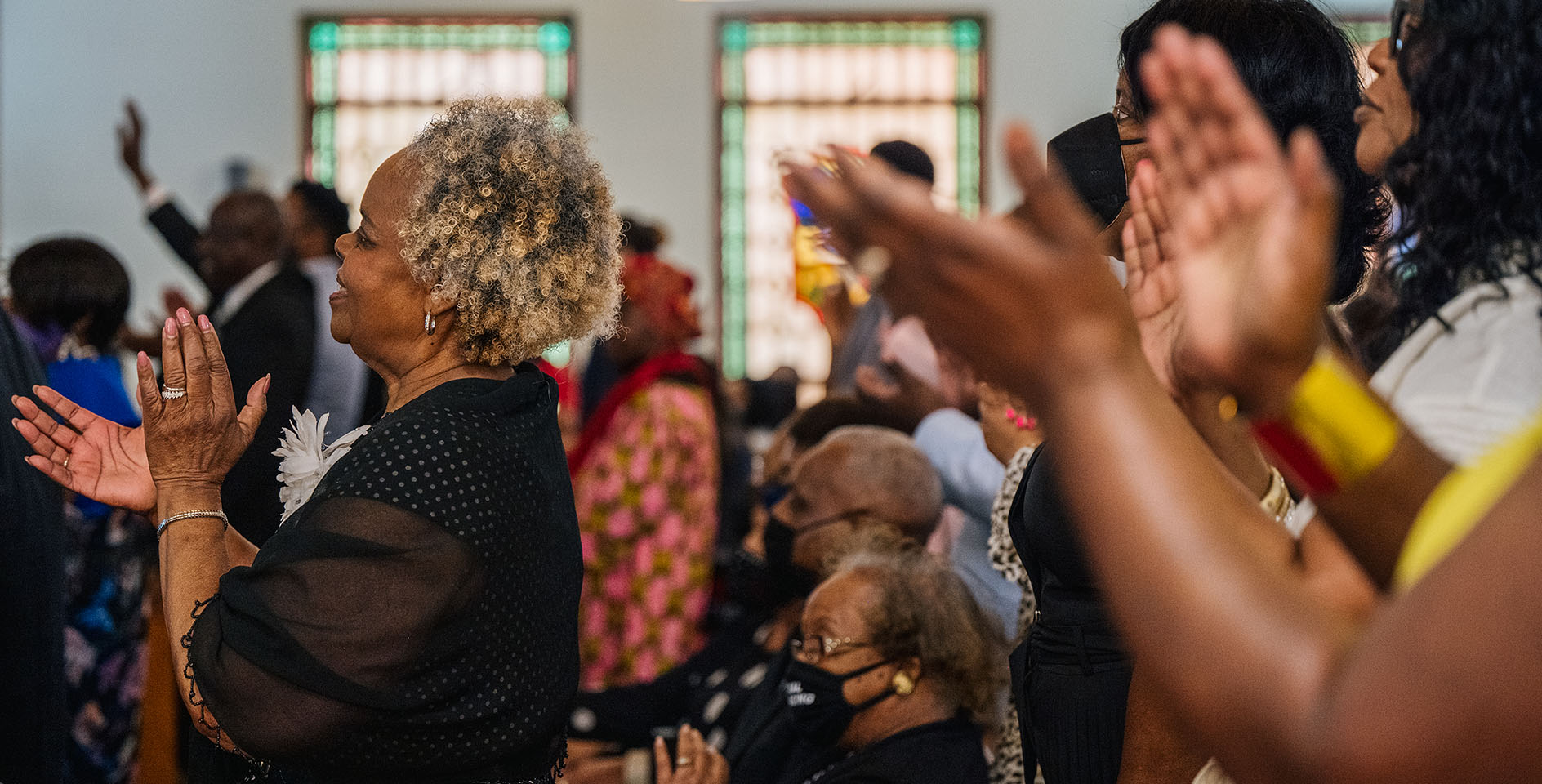Over the past week, several pastors have asked me the same question: namely, is a church or ministry taking advantage of newly approved government-backed Small Business Administration (SBA) loans wrong to do so? Would such a church be now a government-funded enterprise? I do not think so, and here’s why.
The reason for the question, of course, is the new Coronavirus Aid, Relief, and Economic Security (CARES) Act, which includes $350 billion of relief for businesses and nonprofits. In this time of dire economic hardship, the government has made these funds available due to the global pandemic we are now facing, and the resulting economic stress from the necessities of social distancing, quarantines, and the cessation of much economic activity.
The questions here are reasonable. Churches, like others, are facing extreme economic hardship due to the COVID-19 pandemic, and are seeking to avoid layoffs or even bankruptcy due to factors wholly beyond the control of the churches themselves. Churches, like many businesses, are not meeting due to good-faith compliance with government recommendations and orders (which I, and almost every church I know, fully support) for social distancing to stop the virus’ spread. The implications are staggering, which is one of the reasons the Congress and the president acted.
At the same time, those of us in the Baptist tradition, along with many other of our fellow Christians, insist that the spheres of the church and the state should be separate, and that the ministry of the church should proceed by spiritual means, with neither help nor hindrance by the government. The Baptist Faith and Message is consistent with its predecessor confessions of faith when it says, “The state has no right to impose taxes for the support of any form of religion.” This is one of the convictions for which my Baptist forebears were willing to be jailed and even executed, and is a non-negotiable conviction for me.
Every time that a government has sought to fund churches or ministries—whether overtly through state-established churches or covertly through funding church ministries that are of public benefit—I have always opposed such, and always will. Moreover, for a quarter-century now, I have warned churches not to accept such funds, even where they can legally do so, because government funding brings with it, in the fullness of time, government control. I stand by all of that.
That said, what we see, so far, in this situation is not, in my view, government funding of churches or religions or ministries. The government, in this case, recognizes the precarious state of the economy and is seeking to get ahead of possible defaults and foreclosures and skyrocketing unemployment. While other actions may come to light that would be different, so far what we can see is not in any way a “bailout” of churches but a safety net for banks, to incentivize banks to continue the flow of money so that people are not unemployed.
Almost no one opposes the concept of churches taking loans (for, say, construction of buildings) from banks or other lending institutions. Already all sorts of aspects of the banking system are backed up and guaranteed by government funds. A church’s bank account right now is guaranteed by FDIC insurance, where the government guarantees a certain amount in case of bank failures. Almost no one would see this as a violation of the separation of church and state. It would be, of course, if the government guaranteed only the accounts of churches or ministries. But that’s not the case. The government’s interest there is not churches but making sure that people and institutions don’t withdraw their money from banks in times of economic uncertainty, thus leading to the kinds of bank failures we saw during the Great Depression.
It seems to me this is very much the situation with the SBA-backed loans included in the CARES Act. The loans themselves, whether to a church or to a hardware store, are not from the government at all, but, as always, from banks. The government’s role is simply to guarantee to the banks these loans, in case of default. That does not privilege or penalize any religion in any way different from any other entity.
Some church leaders are uneasy with the fact that some of these loans may turn out to be forgivable. Again, though, this is not government funding. It would be, of course, if the SBA declared that, say, loans would be forgivable for churches and not for other similar bodies, but that is not the case.
The government is, for reasons of public safety, essentially shutting down almost all of normal American life (moves that most of us support). The CARES Act is a way to mitigate this in order to spare the public and governmental agencies from overwhelming the system that we have. This, in my mind, would be similar to a government reimbursing a business or a nonprofit for taking land in an eminent domain case. Almost no one would see such reimbursement as an endorsement of the views represented by that business or nonprofit, much less as a public-private partnership. This is, in my view, a similar situation.
Some are concerned that were they to take out SBA-backed loans, especially if they turn out to be forgivable, that this will invite the government in to dictate their ministries or policies. We have no indication that such would be the case, and, were any future governing authority to seek retroactively to restrict the First Amendment on such grounds, I believe such a move would be successfully repudiated in court. Should any of this change, I will, of course, draw attention to those developments and work to defend Southern Baptists in the public square and in the courts.
Right now, a church that catches fire would call the local fire department. This is not “government support” of that church. It’s the government’s interest in keeping people from being killed in a conflagration. A similar dynamic is at work here. The government would no more be entangled in your church’s ministry as a result of this than your bank is now.
Now, the Scripture clearly tells us not to impose on one another’s consciences in nonessential matters (Rom. 14). A church may believe that taking any loan is wrong. And a church may be uneasy taking advantage of these loans for any number of reasons. I would not condemn such a church at all. As the Apostle Paul has told us, under inspiration by the Holy Spirit, let each “be fully convinced in his own mind” (Rom. 14:5).
But for those who are asking if I think that taking an SBA-backed loan, as provided for in the CARES Act, is a violation of our conviction of a free church in a free state: I do not.










